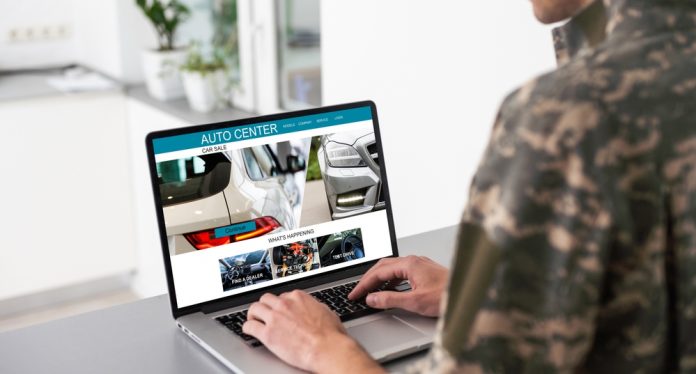The adoption of digital retailing tools among dealers has expanded in 2023, with the percentage of storefronts offering a fully online car-buying experience increasing from 30% to 40% in the span of a single year.
According to Cox Automotive, the retail automotive sector has steadily grown more accustomed to online car shopping, consequently experiencing improvements in customer relationships, deal-making, teamwork and F&I. Better access to platforms specifically designed for the dealership and increased participation from consumers has also increased the efficiency and effectiveness of the car industry’s digital retailing operations.
Among dealers who have adopted e-commerce tools, 76% saw relationships with buyers improve and simplified their sales processes. Meanwhile, 74% of buyers are now comfortable sharing personal information to speed up the car-buying experience. “Now that buyers have a growing willingness to share their data with dealers online, knowing that it is driving a more personalized online experience, digital retailing is not just a tool for efficiency – it is a mainstream best practice that consumers expect from their shopping experience,” remarked Jessica Stafford, SVP of consumer solutions at Cox Automotive.
However, the retail automotive community continues to lag behind other industries in the scope, efficiency and scale of its digital retailing efforts. One of the biggest obstacles to improving the online car buying experience is the lack of faith retailers have in their customers. According to Cox Automotive, only 8% of surveyed dealers fully trust consumer data submitted online, leading the vast majority to double-check information in-store. As a result, car buyers are forced to repeat steps already completed digitally at 97% of dealerships, leading to longer wait times, increased frustration and lower customer satisfaction scores.
To rectify friction between the online and in-store sales processes, retailers should adopt hybrid strategies that allow customers to seamlessly transition from one model to the other. Tools that verify submitted data and give personnel access to customer information can also improve trust and reduce stress for shoppers. With more digital retailing innovators entering the automotive industry than ever before, dealers have unprecedented access to the technology necessary to modernize the car buying experience. Taking advantage of these resources is no longer a way to gain an edge over the competition; it is vital to the long-term success of every dealership.




